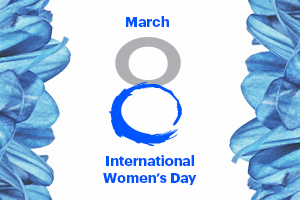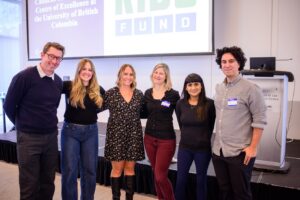May 4th, 2021
“Insulin is not a cure for diabetes; it is a treatment.” – Dr. Frederick Banting
2021 marks the 100th anniversary of the discovery of insulin by researchers Dr. Frederick Banting and Charles Best at the University of Toronto.
Before insulin treatment, a diagnosis of type 1 diabetes (T1D) meant inevitable death for children. T1D is an autoimmune disease where the body’s immune system attacks and destroys the beta cells in the pancreas that make insulin hormone. Without insulin, the body is unable to maintain healthy blood sugar levels.
Although there is research being conducted on ways to screen for and prevent diabetes, and a greater understanding of its causes, it is still not preventable and is often diagnosed after the disease has been progressing in a patient for years.
Canada is also seeing a rise in T1D, and the reason is as of today, still unknown.
In 1921, Frederick Banting and Charles Best discovered that the pancreas produced the insulin hormone under the directorship of John Macleod at the University of Toronto, by researchers Dr. Frederick Banting, Dr. John Macleod and Charles Best.
With the help of James Collip, they purified a synthetic version of insulin and produced the first real treatment for diabetes.
To this day, it remains one of the most important scientific breakthroughs in the medical field. Banting and Macleod earned a Nobel Prize for their work in 1923. It has been called ‘Canada’s gift to the world’.
While there have been many advancements in technology and delivery of insulin over the past 100 years; either by injection or pump, it remains the only treatment for T1D.
So, as we commemorate the remarkable achievement of the discovery of insulin and what it has meant for people living with T1D, we recognize too the need to move beyond insulin and aggressively work towards a cure.
JDRF was founded to cure T1D. Every day, our research moves us closer towards that goal.
To cure T1D, we need to do two things: we need to reverse the autoimmune response that caused the disease; and that destroys insulin-producing beta cells, while finding a way to protect and restore their function. Our cure research is advancing on both fronts towards the ultimate goal of freedom from insulin, for people of all ages with T1D.
Cell therapies, including islet transplantation has shown us that replacing insulin-producing cells in people with T1D can provide freedom from insulin in a select few people.
JDRF’s goal is to advance this principle by developing safe and effective cell replacement products that will be widely accessible to people with T1D, providing long-lasting freedom from insulin without the need for chronic broad immunosuppression.
Canadian researchers have always been at the forefront of cutting-edge research into T1D and are working on JDRF funded projects today that may help to develop treatments that will cure type 1 – and prevent it too.
What would a cure mean?
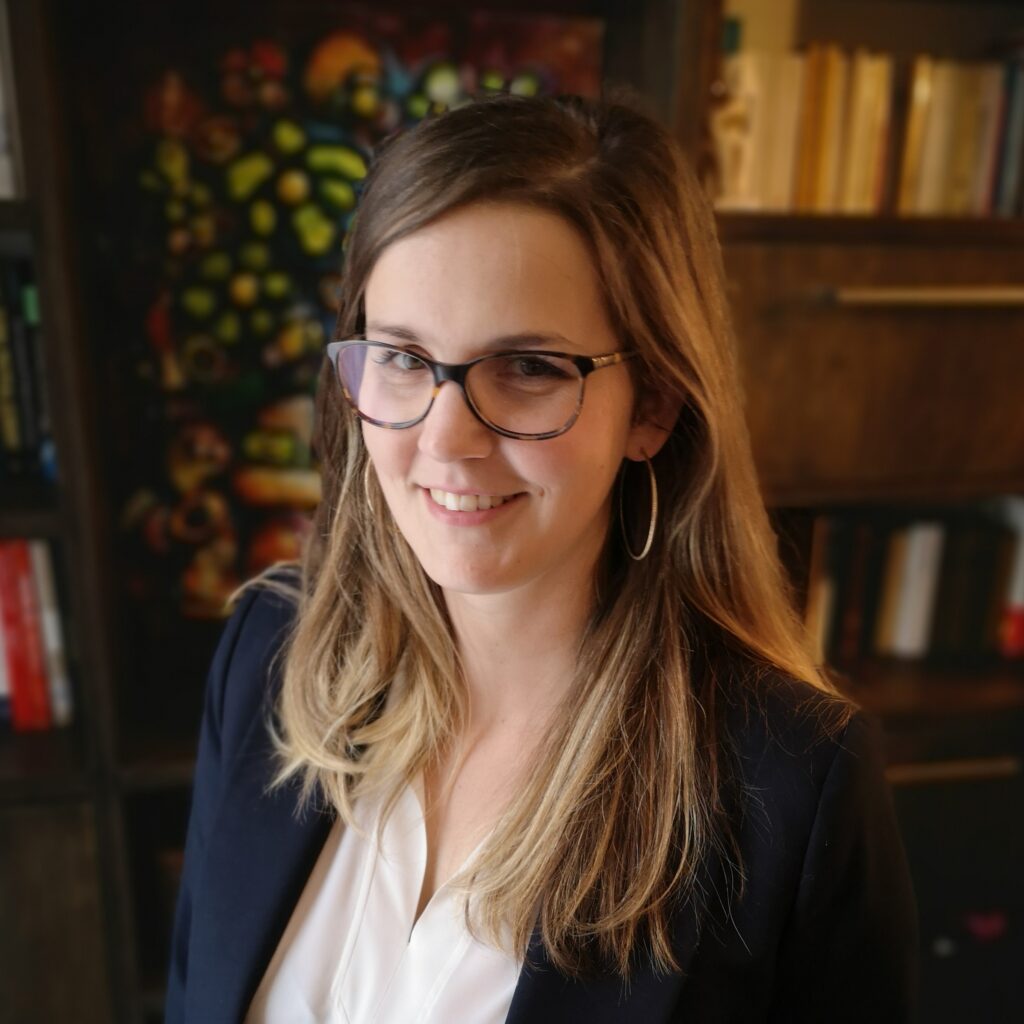
“Helping JDRF find a cure for T1D will prevent kids other from losing their childhood. A 5-year-old kid should think about playing with his friends, not his next insulin injection. We have extremely talented scientists working on better treatments and cures. They need our help.” – Fanny Guimont-Desrochers, PhD, SCYM, Immunology Research Scientist – Diagnosed at age 5
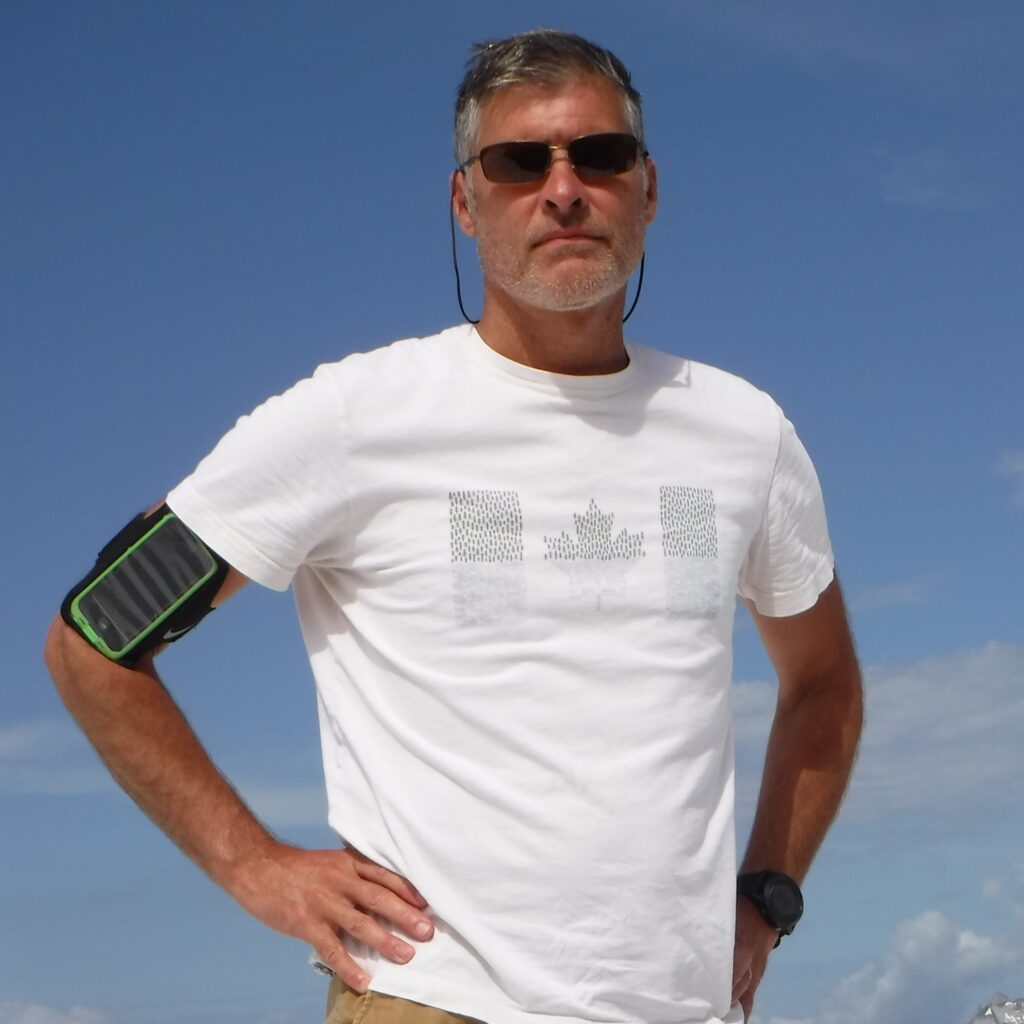
“The discovery of insulin 100 years ago has kept us alive with this disease. Now we need to take action so that we can live a near normal life by using new technologies while we accelerate our focus on finding a cure for the next generation.
A cure would mean that me, my friends, my son and all the rest of us would no longer live the burden of managing this disease.” – Dr. Mike Riddell, Type 1 diabetes researcher. Diagnosed at age 5, and whose son was diagnosed with T1D four years ago.
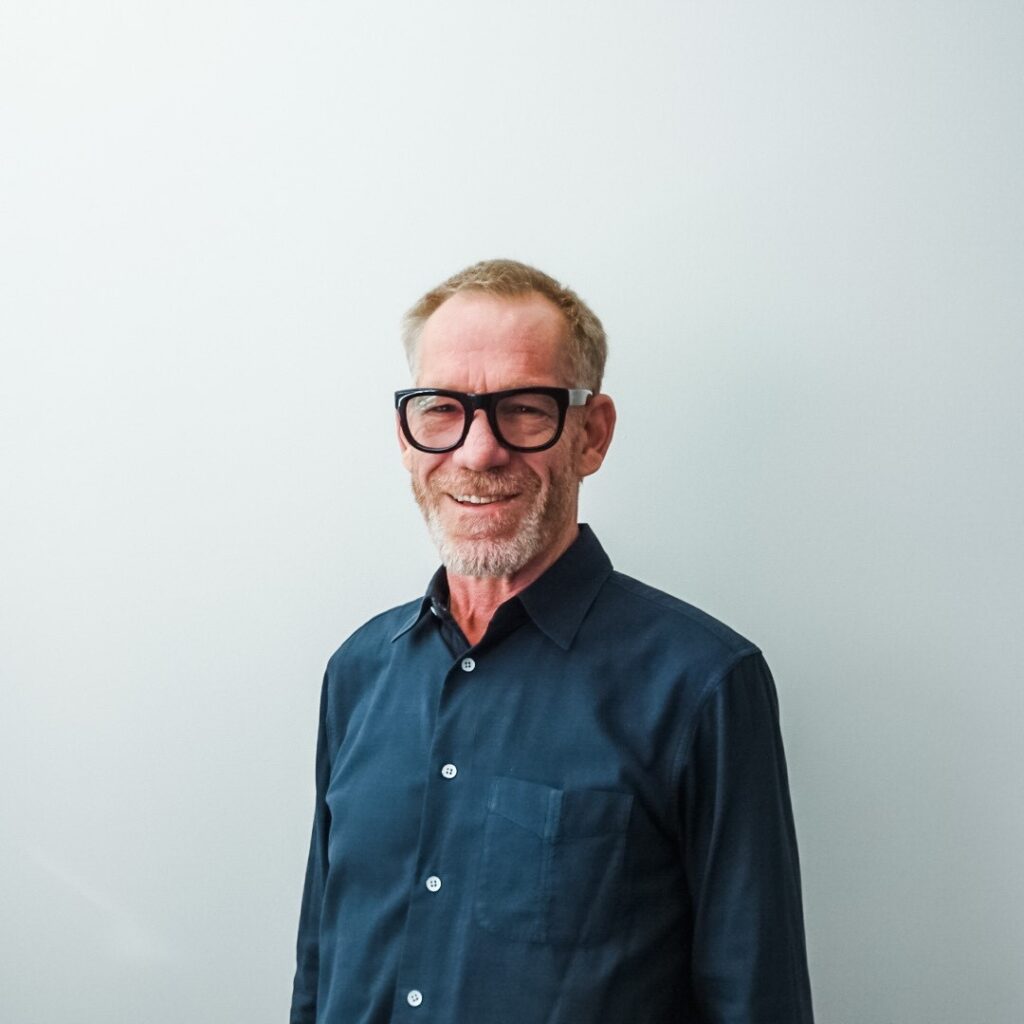
“Living with T1D is very difficult. And unless you live with T1D you do not understand how very difficult life truly is. It is a 24 hour a day 365 days a year burden. The psychological impact of this disease can not be underestimated for both me and my family. So, that is why I have dedicated a good portion of my life to helping JDRF move our mission forward.
JDRF leads the world in T1D research and we need to accelerate the pace of our research to get closer to our goal of a world without diabetes.
I truly believe that this is an achievable goal. For me, a world without diabetes would mean a number of things. But top among them would be never again having to worry that my children will have to live with T1D. That would mean everything.” – Lorne Schiff, Former JDRF Board Chair, Diagnosed at age 7
T1D research is progressing at incredible speed, and we are in a new era of discovery and innovation. JDRF is championing this progress, investing in diabetes research that will move us beyond insulin and accelerate towards a cure. Learn more about our #CampaignToAccelerate and how you can become involved.
